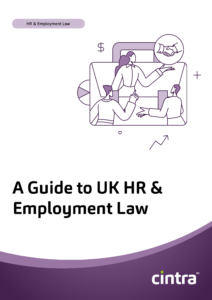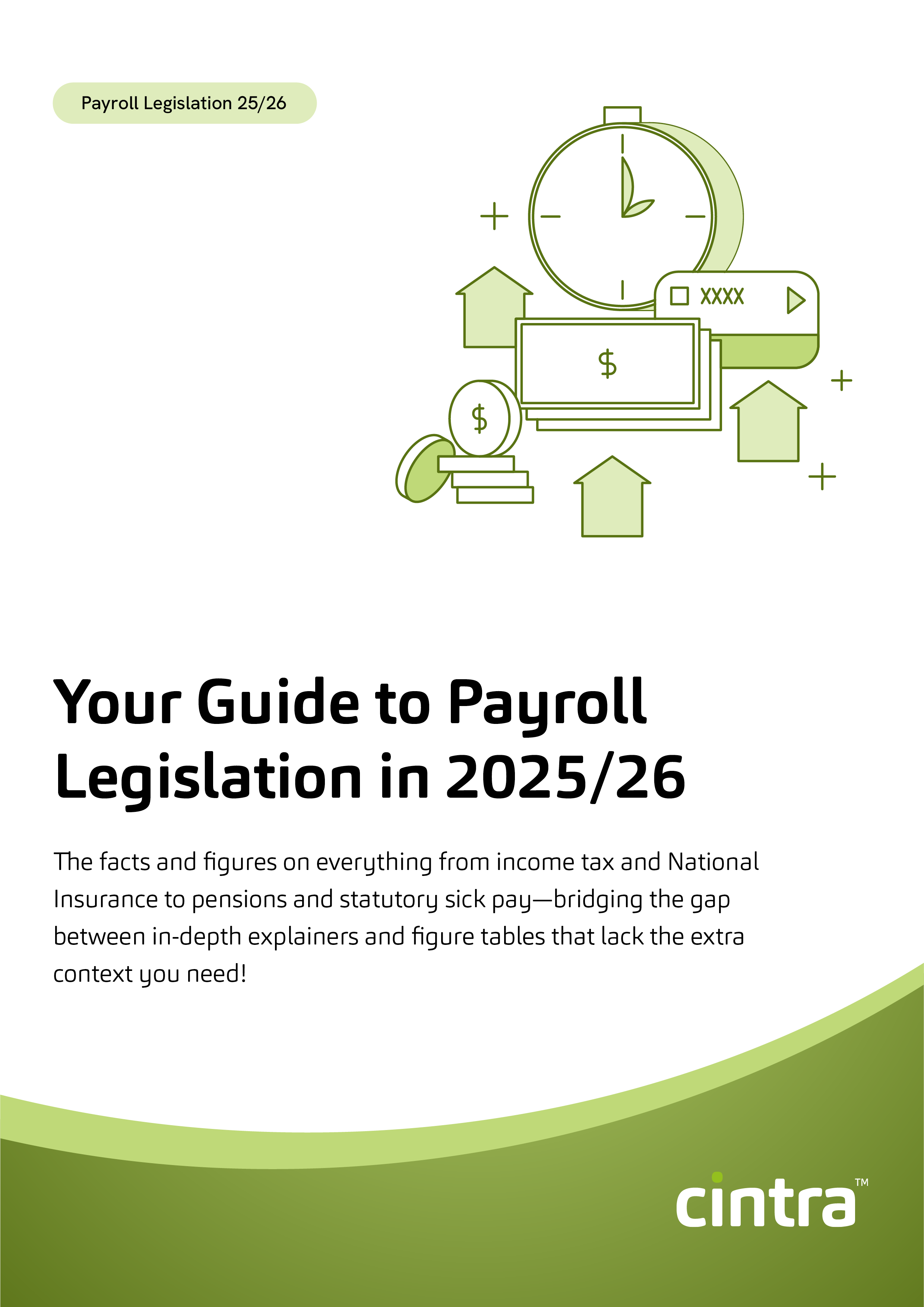A zero-hour contract has long been a go-to for businesses needing flexibility and workers seeking adaptable schedules. However, the government’s Employment Rights Bill has introduced changes to zero-hour contracts.
So, what’s the state of zero-hour contracts in 2025? And what do these changes mean for you?
Let’s find out.
What is a zero-hour contract?
A zero-hour contract is a type of employment contract where the employer isn’t obliged to provide a minimum number of working hours, and the worker isn’t required to accept any hours offered. This means work is provided on an as-needed basis, with no guaranteed income or job security.
Workers on zero-hour contracts are entitled to statutory employment rights, such as the National Minimum Wage, holiday pay, and protection against discrimination, but they typically do not receive benefits like sick pay or redundancy pay.
These contracts are often used in industries requiring flexible staffing, such as hospitality, retail, and healthcare.
How has the Employment Rights Bill impacted zero-hour contracts?
The Labour government’s Employment Rights Bill is shaking up zero-hour contracts, aiming to make them fairer for workers. In the past, these contracts often favoured employers, offering some flexibility but little security for employees.
New rules have now been introduced to balance the scales:
- Guaranteed hours: workers who regularly work set hours over a qualifying period may be entitled to a minimum number of guaranteed hours per week, providing greater job security.
- Adequate notice of shifts: employers must provide reasonable notice before scheduling shifts, giving workers time to prepare.
- Compensation for cancelled or shortened shifts: if a shift is cancelled or cut short with little notice, workers may be entitled to compensation.
What are the benefits of zero-hour contracts for employers?
Here are some of the main benefits of zero-hour contracts for you to consider:
- Cost management: with zero-hour contracts, you only pay for the hours worked, which helps you control wage costs and avoid overstaffing during quieter periods.
- Flexibility for changing business patterns: zero-hour contracts allow you to adjust your workforce to match fluctuating business needs, whether due to seasonal trends or shifts in client demand.
- Wider talent pool: these contracts open up opportunities for people seeking occasional work, such as retirees, parents with childcare responsibilities, and students—providing a diverse workforce for your business.
Get the latest HR updates, straight to your inbox
Get the latest HR insights and best practice guides, direct to your inbox.
How can you prepare for the changes to zero-hour contracts in 2025?
Although there’s no set date for these changes (they might not come into effect until 2026), they’re still significant.
So, if you’re using a zero-hour contract, it’s worth staying proactive.
You should:
- Review your workforce: identify which employees would be affected by these changes so you can plan ahead.
- Consider alternative employment options: look at whether offering different types of contracts might be helpful for those impacted.
- Assess the impact of guaranteed hours: if affected workers had to be given guaranteed hours based on their previous working patterns (e.g., over the last 12 weeks), how would this affect your business?
- Review shift scheduling: evaluate your current shift scheduling and cancellation policies, making sure they’re fair and provide adequate notice.
- Train your employees: make sure your managers understand the new rules and follow them.
Beyond this, it’s also a good idea to
- Stay updated on the proposed changes so you’re not caught off guard.
- Put systems in place to track working hours, rest breaks, and leave entitlements accurately.
- Establish a clear process to identify, manage, and apply employee rights, reducing the risk of potential claims (if you haven’t already).
By taking these steps now, you’ll be in a much stronger position when the changes take effect in 2026.
Do you still need help with zero-hour contracts?
We know zero-hour contracts can be tricky, but that’s where Cintra’s HR outsourcing services come in. We can help you draft robust contracts and offer expert advice to keep you compliant with employment laws.
Get in touch today to see how we can help.

HR & Employment Law Guide
Grab your accessible summary of guidance and insights about where HR practices meet employment law.
Download your buyers guide


